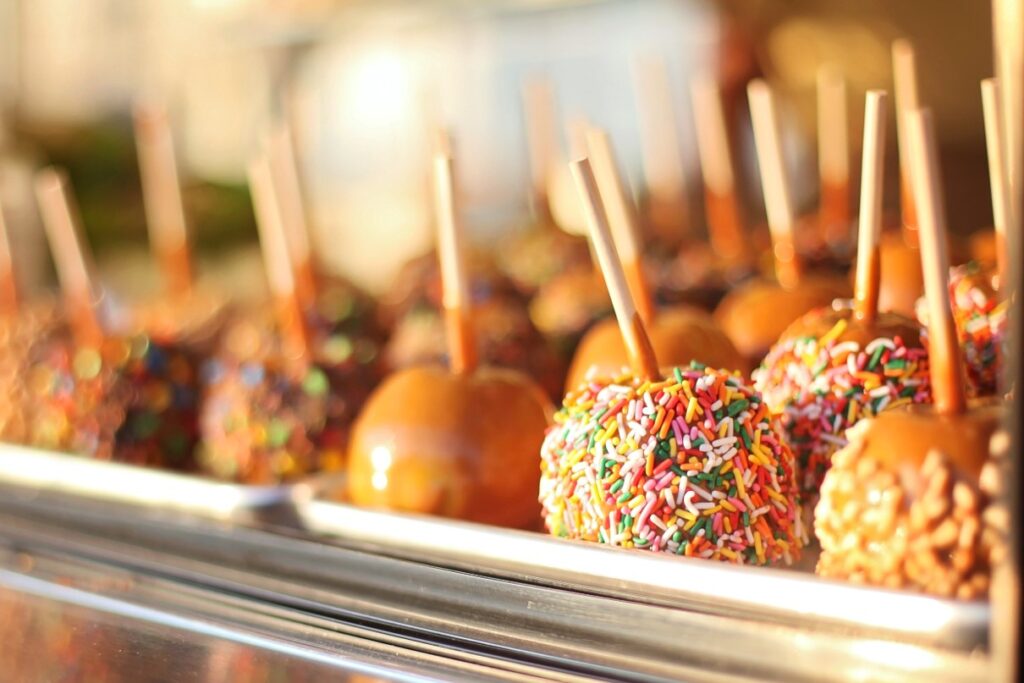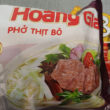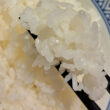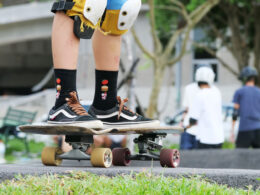There is no scientific evidence to prove that eating sugar can cause hyperactivity in children! The child’s excessive excitement and inattention may be related to the environment or other factors.
Washington, D.C. (Business Northeast) – Have you ever heard this statement? “Stop eating candy. Eating candy can lead to excitement, hyperactivity, and even sleeplessness at night.” Really? There is currently no real evidence to support the claim that sugar consumption can lead to hyperactivity.
Why do people think that eating sugar can cause hyperactivity in children? In the 1970s, the sugar industry was booming, and children had easy access to candy. Therefore, many scientists began to study the effects of eating candy on children from this time. Some studies suggest that sugar causes children to be more excited, while others indicate that sugar does not affect children’s behavior.
One study was particularly interesting! The researchers made the children drink beverages, but only with added sweeteners. Researchers told one group of parents that their children drank high-sugar beverages; another group was told the truth. As a result, parents who were told their children drank high-sugar beverages thought their children were more hyperactive and excited.
“The child did not consume sugar, but the parents still felt that the child was hyperactive.” Therefore, scientists believe that the parents’ thoughts may have affected the experimental results. There are many similar studies, but life experience, psychological suggestions, and other reasons may affect the experimental results.

In the mid-1990s, researchers reviewed 16 studies on the effects of sugar on children and published a meta-analysis in the medical journal JAMA. The analysis showed that sugar did not affect the children’s behavior or cognitive performance. In other words, scientists have no evidence yet that sugar intake in children can lead to hyperactivity.
So, why do parents feel that their children become hyperactive or excited after eating candy? This may be related to the environment in which children obtain candy. For example, going to a birthday party, celebrating a holiday, being rewarded, etc., are all environments that excite children! Therefore, some experts believe that the reasons for children’s hyperactivity should be explored from various aspects.
If the child is easily excited and inattentive, it may also be related to Attention Deficit Hyperactivity Disorder (ADHD), which can make the neurotransmitters in the brain unable to function properly, causing hyperactivity, impulsivity, inattention and other reactions. Please take your child to the hospital for a professional evaluation!
In any case, children and adults should not consume too much sugar. The U.S. Food and Drug Administration (FDA) recommends that adults and children over the age of 4 consume less than 50 grams of sugar per day. Excessive sugar intake can lead to obesity, diabetes, skin problems, insulin or hormonal problems, etc.











wonderful publish, very informative. I ponder why the other experts of this sector do not notice this. You must continue your writing. I’m confident, you’ve a huge readers’ base already!